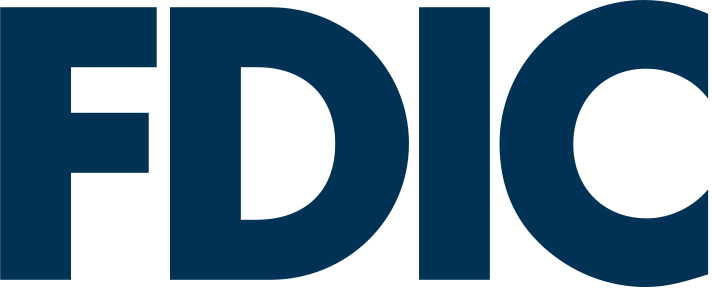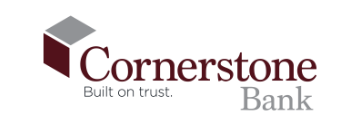With the new year no longer brand new, it may feel like the prime time to set new goals has passed, but it is never too late to better manage your finances. There is a multitude of ways to alleviate today’s financial stress. Just like you should make it a priority to see your doctor at least once a year, you should also check in on your financial health at least once a year.
Steps to Evaluate Financial Health
There are several steps you can take to reduce your financial stress and improve the health of your finances.
- Determine your net worth. This will help you see where you stand financially. Calculate this by taking the value of all your assets and subtracting your liabilities. Assets include your savings, car, home, investments, etc. Your debt is your mortgage, loans or credit card balance. This tells you what you currently have versus what you owe. Don’t worry if your net worth is negative, especially if you are nowhere close to paying off your mortgage. Focus on paying off debt and working to increase your net worth by five to ten percent each year.
- Calculate your debt-to-income ratio. Your debt-to-income ratio is calculated by taking the total amount you pay in debt payments and dividing it by your monthly gross income. You want your ratio to be below 30 percent. This is crucial when it comes to lending and is the primary factor in your credit score. If your ratio is higher, you want to work to lower your expenses.
- Evaluate the cost of your housing. One of your biggest monthly costs is likely your housing, whether that is rent or a mortgage. Aim to spend no more than 30 to 40 percent of your monthly income on housing. If you’re paying more, it may be time to reevaluate your situation.
- Categorize where your money is going. Track where your money has been going over the past few months and put it into categories such as housing (rent or mortgage), transportation (car payment, public transport or gas), food (groceries and take-out), etc. This lets you know if you are spending too much in one category so you can take steps to cut back.
- Assess your investment strategy. Even if the amount is small to start, invest in a 401(k), Roth IRA or a similar retirement savings plan. A savings account is not a retirement account. If you need help establishing an account or selecting the best option for your situation, and many people do, talk to a financial advisor for help.
- Automate payments and savings. Life can get hectic, so having your bills automatically deducted can help you avoid costly penalties for missed payments and a negative impact on your credit score. You should still look at your billing statements to ensure prices have not increased or you are not being overcharged. Also, set up your direct deposit so a certain amount goes into your savings each month.
We Can Help
When it comes to getting your finances in order, there is no shame in asking for help. Having a trusted advisor or financial planner can be a key asset in keeping your finances healthy. That’s where we can help. Our trusted staff can help steer you in the right direction when it comes to saving money, buying a home, investing and much more. Contact us to learn how we can help.



 Translate
Translate